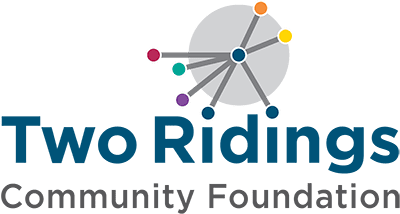The grant application process explained
Step 1: Are you eligible to apply?
Who can apply?
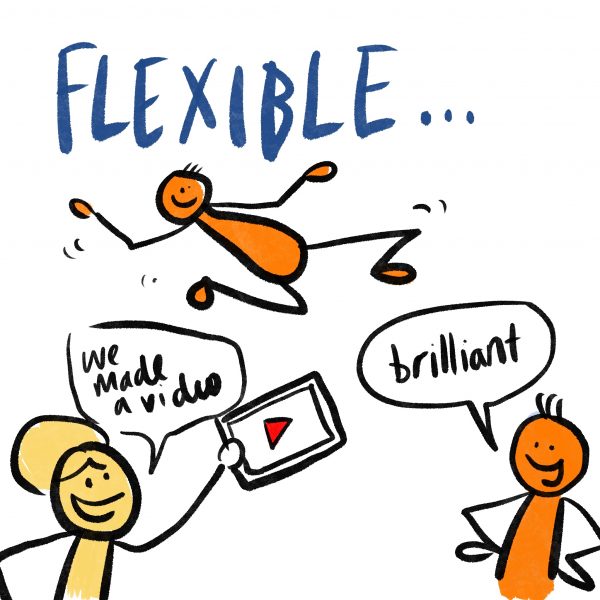 Our focus is to support small, grassroots organisations. As a general rule we will only consider an application from an organisation with a total annual income of under £500k per annum (this includes all income regardless of the source or purpose).
Our focus is to support small, grassroots organisations. As a general rule we will only consider an application from an organisation with a total annual income of under £500k per annum (this includes all income regardless of the source or purpose).
However, where it is possible within the rules of a particular grant scheme we may choose to consider an application from a larger organisation. Please contact us if you intend to make an application and your income is over £500k.
Your organisation or group does not have to be a charity registered with the Charity Commission but all groups applying to Two Ridings CF for funding do need to:
- Work primarily for the benefit of people in North and East Yorkshire
- Be ‘not for profit’
- Have a governing document (also known as a constitution, rules, memorandum, or articles of association) outlining charitable objectives and with a charitable dissolution clause
- Have a bank account in your group/ organisation’s name with at least two signatories, who are not related to one another
- Be locally led and run (including locally constituted and managed branches of national charities)
- Have at least three unrelated trustees, directors or management committee members.
Some of our funds have additional criteria around the size or type of organisation that they will fund so it is important that you also check eligibility by reading the guidance notes for the fund that you intend to apply to, to check for any additional criteria and exclusions.
Who cannot apply?
 Under normal circumstances (except where a particular scheme allows and there is sufficient wider public benefit), we cannot support:
Under normal circumstances (except where a particular scheme allows and there is sufficient wider public benefit), we cannot support:
- Private Businesses
- General appeals or sponsorship
- National organisations (note this does not include locally constituted and managed branches of national or large charities)
- Statutory agencies, including parish councils and schools, in the discharge of their statutory obligations (we may however be able to provide funding for extracurricular activities or work which is outside the usual remit of the school/parish council if a particular scheme allows for this)
- Organisations that have substantial unrestricted funds (sometimes there may be a reasonable explanation for this and if you have any concerns that this might affect your application, please do contact us)
- Previous grant recipients who have outstanding monitoring information
- Organisations that mainly give funds to other organisations or individuals
In addition, we cannot generally support (except where a particular scheme specifically allows):
- Work normally funded from statutory sources
- Work for the advancement of religion (faith groups can apply but must be able to demonstrate a wider community benefit)
- Activities solely for the benefit of animals
- Overseas holidays or trips
- Political Campaigning
- Medical research, medical equipment or medical treatment
Step 2: Do the research on our available funds
Does your project meet the priorities of the fund you want to apply for?
We have a number of funds available, each with its own criteria and priorities for funding (the sort of project it is looking to support) and with different amounts available.
Consider the project that you are applying for and how well it meets the priorities for a particular fund. Some of our grant funds are specific to a particular area and you can search our interactive map to find a suitable grant by clicking on the area in which you are working or take a look at the full A-Z list of grants available.
Step 3: Select the fund you want to apply to
Read the guidance notes!
Read the guidance notes for the fund to double check you are eligible (remember some have additional criteria regarding organisation size). Check the area of benefit and the opening and closing dates to make sure the fund is open for applications.
Step 4: Click the apply now button
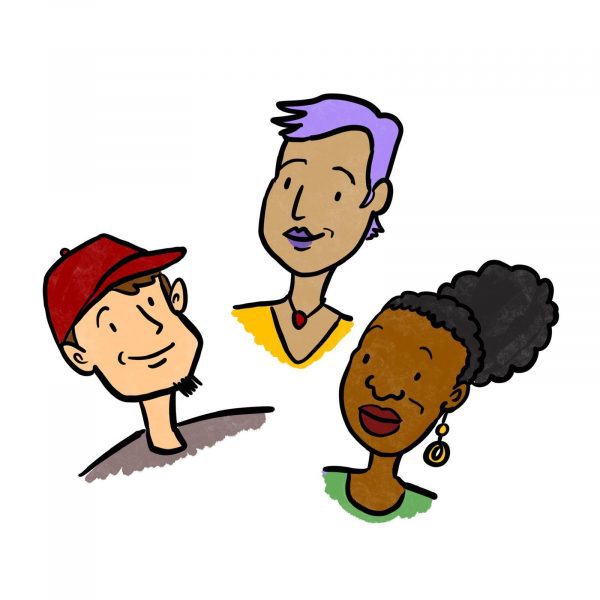 Check your junk email
Check your junk email
Enter your email address into the registration page, an email will be sent with a link to your application form. Occasionally emails will be directed into junk folders so please check your junk email if you don’t receive this.
Click on the link in the email sent to you to start applying
Click on the link contained in this email to access your application form and start to complete the form. You can dip in and out of the application as much as you need prior to submitting the application. Click on save as draft when you leave the form to save your work. As a precaution, we recommend completing your answers in Word and cutting and pasting into your application form to ensure you have a backup if the form doesn’t save for any reason.
Step 5: Attach your supporting documents
Check which documents you need to send with your application
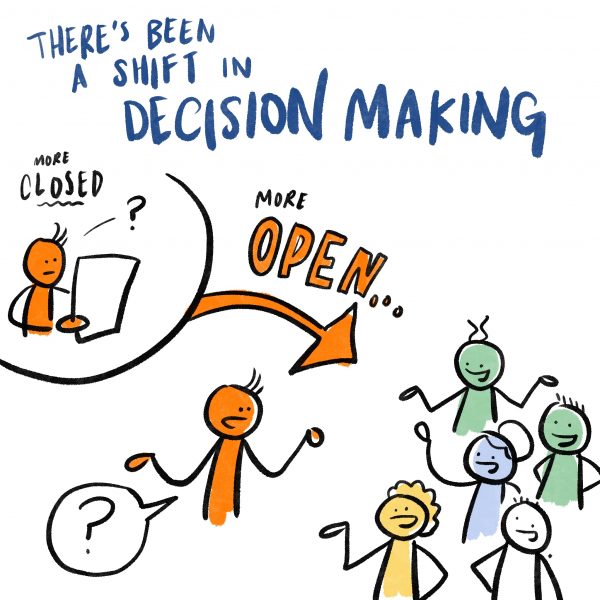 There are always documents that need submitting with your application to support your application. What documents needed will be outlined in your application form. These include:-
There are always documents that need submitting with your application to support your application. What documents needed will be outlined in your application form. These include:-
- Governing document
- Accounts
- Details of the names and addresses of your management committee
- A bank statement in the name of the organisation, from within the last three months.
Click here for some guidance on your bank statement.
And may also include, depending on the nature of your project:-
- Safeguarding policies if you are working with children or vulnerable adults
- Equal opportunities policy
- Quotes for equipment or work to be carried out
If you are unable to attach supporting documents to your online application you can send them by post to Two Ridings Community Foundation, Pavilion 2000, Amy Johnson Way, Clifton Moor, York YO30 4XT or by email to [email protected]
Step 6: Submit your application before the deadline
Don’t miss the deadline
Once you are ready to submit your application, click on the submit button at the end of the application form. You will receive an automatic acknowledgement or there may be validation issues if any of the form has been completed incorrectly or any fields are missing.
These will need to be corrected /completed before the form can be submitted.
Make sure you submit before the deadline. We cannot always accept late applications.
Step 7: Talk to our assessor
Our assessors are friendly and interested, they just want to know more!
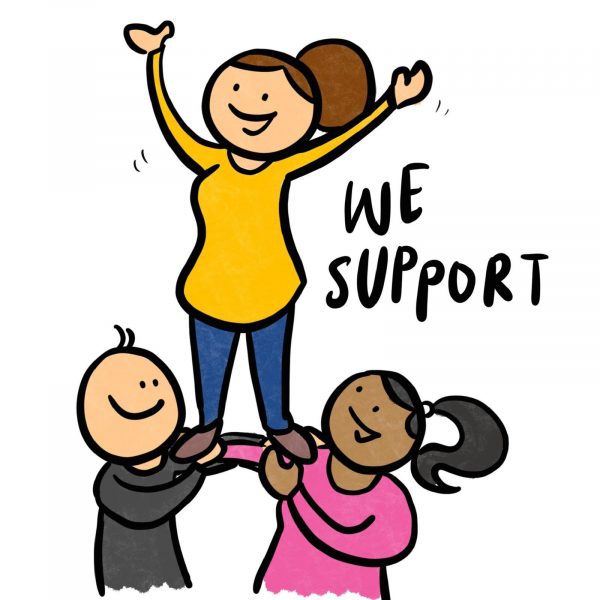 You may be contacted by one of our assessors to discuss your application in more detail. All our assessors are volunteers who understand local grassroots organisations and the region.
You may be contacted by one of our assessors to discuss your application in more detail. All our assessors are volunteers who understand local grassroots organisations and the region.
Please make sure your main contact has a good understanding of the project and how it will work.
Bringing your project to life
The assessor will want to discuss the following areas:-
- Is the project workable?
- Does the project provide good evidence of need?
- Will the project meet the right type of beneficiaries?
- Does the project represent good value for money?
- Is the project sustainable beyond the funding period? (this does not necessarily mean your project must always be sustainable)
- How well does the project meet the criteria and priorities for the fund?
Step 8: Let us consider your application
Our panels are independent and include local knowledgeable people who care
Once your application has been assessed, information will be provided to the decision making panel. This usually meets a few weeks after the application deadline.
Depending on the scheme, decisions will be made by our Grants committee or one of our external panels.
Step 9: Letting you know the outcome
Successful or not, you will always hear from us
 We will contact you via email to let you know the outcome of your application. If a grant is awarded it will look similar to this: https://www.tworidingscf.org.uk/wp-content/uploads/2021/03/Conga-Sign-Email.png
We will contact you via email to let you know the outcome of your application. If a grant is awarded it will look similar to this: https://www.tworidingscf.org.uk/wp-content/uploads/2021/03/Conga-Sign-Email.png
There will usually be one of three outcomes:
- We award funding with no additional conditions
- We award funding with conditions
These conditions may relate to actions that must be completed before the grant can be paid or they may relate to actions that must be completed by the end of the funding period. These will be outlined in the email that contains your grant offer. In either case you will receive an email containing the details of your grant offer, accompanied by a grant acceptance form. Follow the steps in the email to accept the grant. - If your application is unsuccessful
we will offer feedback if we can.
Step 10: Monitoring
We love to hear how your project went and we want to share your stories
 As a condition of funding we will expect you to provide an end of grant monitoring report and this is an online form similar to the grant application form.
As a condition of funding we will expect you to provide an end of grant monitoring report and this is an online form similar to the grant application form.
You will receive a link to your end of grant monitoring report when you receive your grant offer so that you can see what we expect in terms of monitoring prior to accepting your grant award.
We expect the form to be completed once your funding is fully spent. Submit it with any additional information you may wish to include. We are always very pleased to receive photos that we can use in publicity to promote our grants and help us raise funds to support grant making.
We will also require anonymised case studies/individual stories of change. This helps tell the human story behind the grants. We use these case studies with donors and funders to help them understand the difference that grant funding can make.
We love you to promote that you have been funded by Two Ridings, so putting our logo on your website and social media posts makes us happy. Tweet about us and we will retweet to thousands around the region.
Top Tips!
- Ensure you are eligible and read the guidance notes for the scheme carefully.
- Answer the question being asked, we often see applications that tell us lots about the need in the area but then forget to answer the actual question.
- Make sure your budget makes sense and adds up to the total amount requested.
- Provide all supporting documentation requested or contact us if you know something is going to be delayed, we may still be able to help.
- Keep to the point, try and make answers as succinct as possible, no jargon! If you can describe what your project will do simply in a short paragraph then funding panels have a better understanding which is always a good thing.
- You could ask someone else to read through the application which is particularly useful if they have no prior knowledge. Chances are if it makes sense to them then it will to us too.
- Always bear in mind the criteria and priorities of the scheme. Your project should be able to easily demonstrate how it can help meet these priorities.
- Occasionally our emails go into junk folders not your inbox so please check your junk email on a regular basis after submitting your application.
- If you need assistance, ask. We are happy to help just give us a ring on 01904 929500.
- Don’t miss the deadline!
Needs some support?
Get in touch with our
friendly Grants team
Call us on 01904 929500
Email [email protected]
